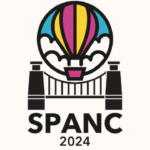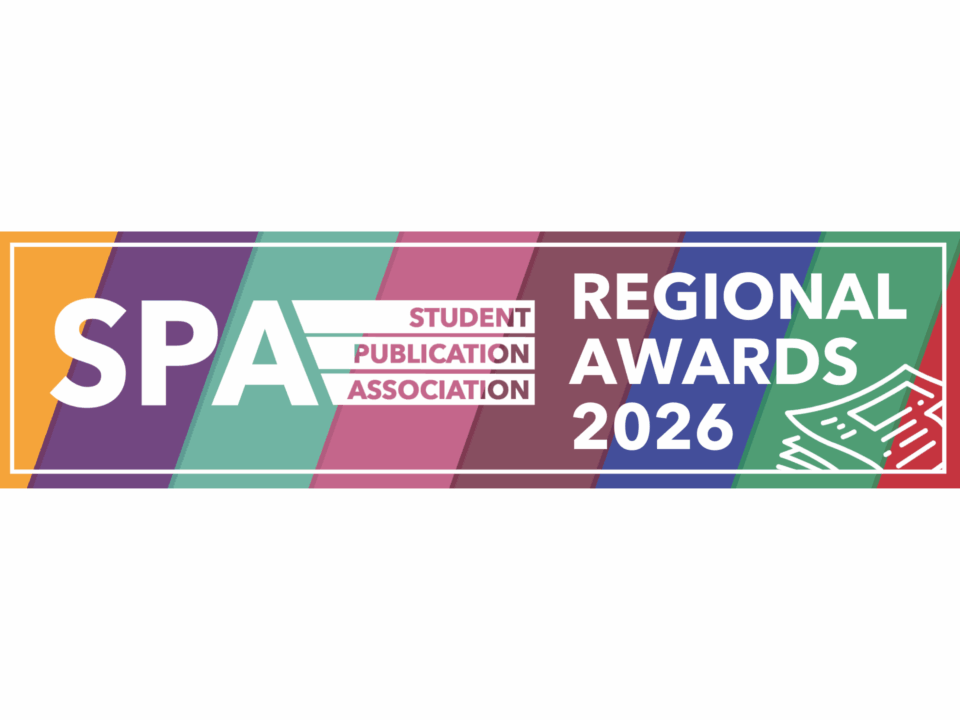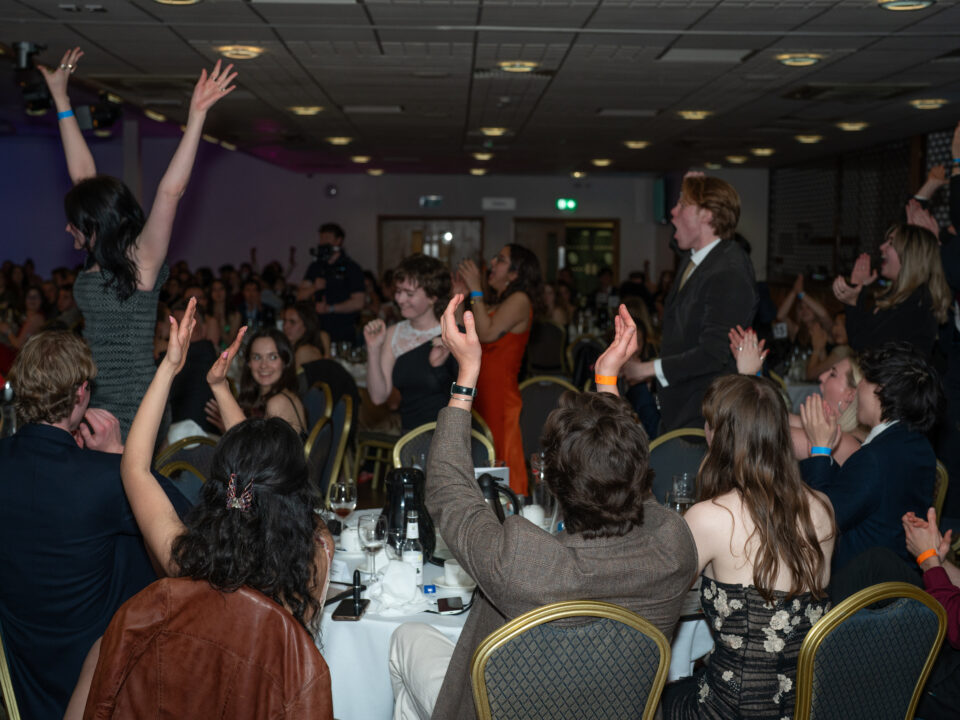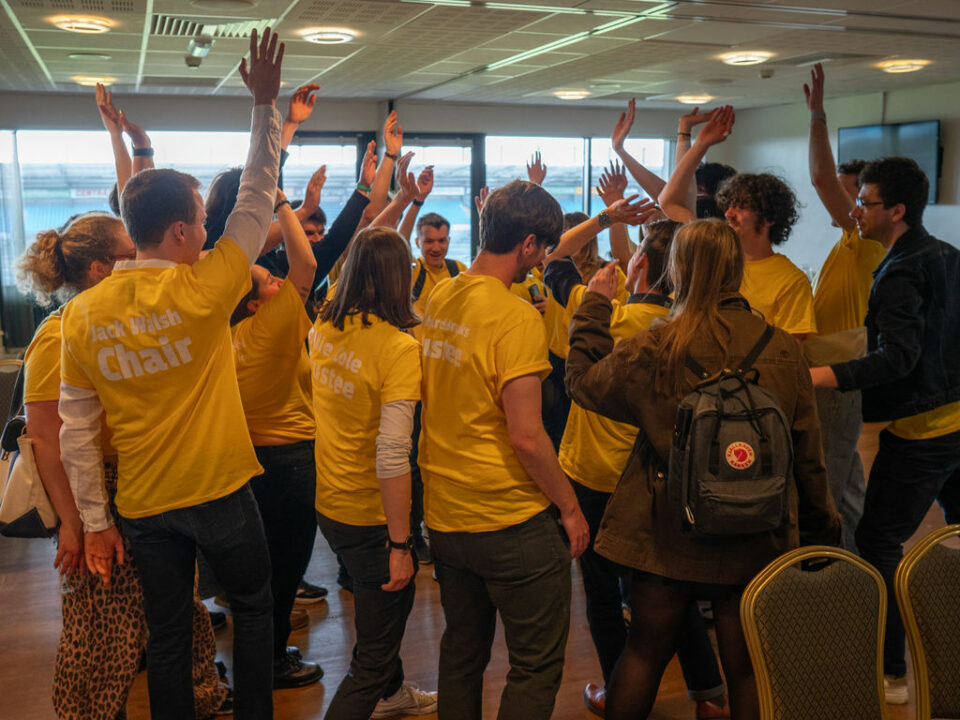
The SPA’s guide to the BBC’s Level 7 Journalism Apprenticeship: What does the application process look like?

Get ready… #SPANC24 location revealed
Complete guide to The Telegraph Editorial Graduate Programme
Jem, one of the SPA’s trustees, spoke to current graduates Jacob Freedland, Natasha Leake, and Ella Nunn about the graduate scheme and their experiences applying. If you want to hear more about what the first few months in the scheme are like, read Journo Resource’s guide here. If you want a guide to just the application process itself, keep reading!
The application process is three stages. The first is a CV, cover letter and three clippings which you need to submit by December 12.
Stage one: Cover letter, CV and clippings
Your cover letter is your first chance to show your experience and why you want to work for The Telegraph. Natasha said for her this was because they “publish stories that maybe other newspapers wouldn’t want to publish. It would be bold and take risks and that was something I really admired about it, so I said that in my cover letter.”
Jacob said it’s important to match your cover letter to the ethos and politics of the paper, “the reality is you are applying for a centre-right paper. You have to show a willingness to write about the issues that the paper is interested in and to kind of show that you are willing to do that kind of reporting.”
When picking your articles to include, Ella focused on showcasing the breadth of her reporting. “I didn’t have a lot of like ‘big’ articles published [in big publications], most of the stuff I’ve done was either for local papers, for my university paper, or stuff I’ve done on my own blog. But I think just showing that you can write back different things — I included a couple of match reports I’ve done of the football matches, a piece that I’d done on a placement at a local paper and then another piece that I’ve written for my uni website. So showing that you’ve got the potential and the capability to write about a range of different subjects.”
Top tip: Read the paper!
“That’s what everyone says, but you just have to do it,” said Jacob. You should prioritise reading the print edition as that’s how you see The Telegraph “its purest form”, said Jacob, and you can familiarise yourself with how it’s organised too which is key for later stages, explained Ella.
It can be hard to keep up with the print edition though, especially when you are still studying, so they recommend downloading the app, following their Instagram, and looking at TikTok too, “to really get to grips with what the organisation cares about and what the readers are interested in.”
When reading the paper think critically: what campaigns are the paper interested in? How could that feed into your own work? Dig deeper into the news stories and think about how they could be developed into features too (this will help later). Research the writers and get familiar with your favourites as this may be useful during your interview.
Stage two: Online assessment
There’s a video interview where you have to talk about why you want to work for The Telegraph within a time limit. Ella recommends planning out what you want to say and taking a second to calm down and take a deep breath so you feel confident going into it.
There are also written tasks online, where you have to rewrite copy. Natasha said she made sure to prioritise the 5 W’s and had familiarised herself with The Telegraph style guide in advance. Side note: if you are unsure how to prioritise information in a news story, News Associates run regular free breaking news workshops which are super helpful!
You also had to pitch a few features developed from the day’s news stories. Natasha prepped for this by practising in the run-up, when reading news stories in the print edition she’d think how they could be turned into features, and then check the print the next day to see if she was right.
For example, when there was a news story about strawberries being sweeter than usual that year, she thought a good feature could be ‘seven ways to use strawberries this summer’ and a similar story did appear in print – “being able to preempt what they’re going to do gets you into that mindset”, said Natasha, and it made her a lot more confident going into the assessment.
Stage three: Assessment day
On the assessment day, there were group activities in the morning. One of the tasks was to pick the 3-5 most interesting stories of the day and pitch how you would take those stories on and develop them further. You then have to present those ideas to a panel who would then question you. Ella explains this task is about “thinking on your feet, being able to present and show why you think your idea is the right idea, and how you develop the story.”
There were two group tasks like that, and then a one-on-one interview, “well me with two of the editors”, said Ella.
In his interview Jacob said he discussed particular investigations from the paper and certain writers whose work he liked. “I think if I were to guess one of the things that they liked was that I was [clearly] reading the paper,” he said.
Your student experience matters!
“They’re not looking for someone who’s already known and done everything, it’s about showing you’ve got that passion and potential to come to a place like this and be able to learn and develop when you’re here,” said Ella.
Natasha said the range of experience on the scheme varies, she already had 11 months of experience working at Tatler, Ella had done an NCTJ, and Jacob came straight from being Editor-in-Chief of Varsity. “If you don’t get the sort of grad scheme the first time around whilst you’re still at uni, keep the grad scheme in mind for later once you’ve built up experience and been able to really enrich your portfolio.”
But if you are on this newsletter and you’re already involved in student media you are doing the right thing! Jacob said, “They really do value the stuff you do for the student paper and they do see that as legitimate experience. I actually would say some good stories from a student paper are more valuable than a week’s work experience at a national where you didn’t get anything published.”
We hope this guide has got you inspired to apply – the application window has been extended until Tuesday 12 December, so apply now! Or if you aren’t ready to apply for a grad scheme yet The Telegraph is also running work experience which is open for applications.
Sign up to receive more guides like this direct to your inbox here.




